 Blogs
Blogs
What Are Ligand Binding Assays (LBAs)? Ligand binding assays (LBAs) have been our core activity for decades. LBAs are commonly used to measure interactions between two proteins, a ligand and its receptor, a monoclonal antibody (mAb) and its target, or a biologic and Anti-Drug Antibodies (ADA). Applications of…
 Blogs
Blogs
As an emerging and growing application, spectral flow cytometry offers capabilities beyond what is possible with conventional flow. Its unique capabilities make it a powerful tool for scientists aiming to extract more information from each sample and push the boundaries of discovery. Join us in this post as we…
 Blogs
Blogs
In a bioanalytical CRO, method development is a critical step to ensure reliable and meaningful data that meets the client’s requirements. At our KCAS Bio – Lyon site, our method development team specializes in designing and optimizing ligand-binding assay (LBA) methods tailored to our clients’ specific objectives. While…
 Blogs
Blogs
What is immunogenicity? Immunogenicity refers to the ability of a substance, such as a New Biological Entity (NBE) or a vaccine, to provoke an immune response when administered in the body. The recognition of the substance as foreign triggers an immune response, which involves the production of antibodies and the…
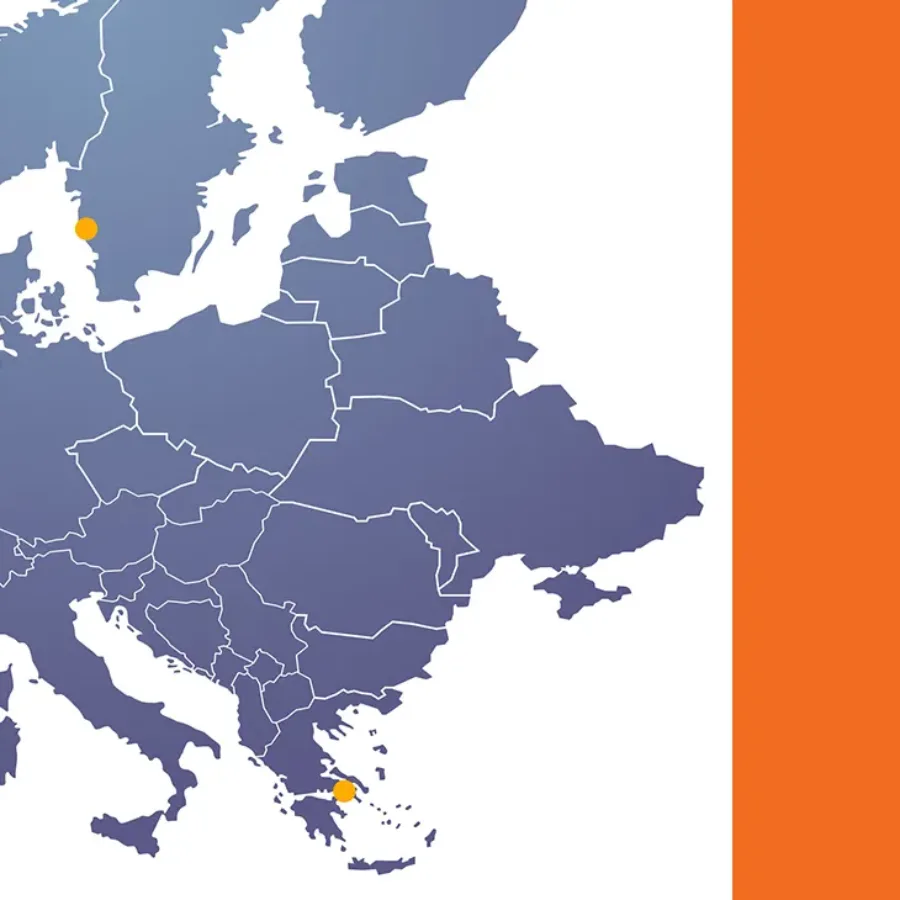 Blogs
Blogs
KCAS Bio is engaging with the scientific community in Europe throughout the fall of 2025. From attending sessions to exhibiting at booths, our experts are ready to share knowledge, showcase our capabilities, and discuss how we can support your research across discovery and clinical development. EUROTOX 2025 CongressDate:…
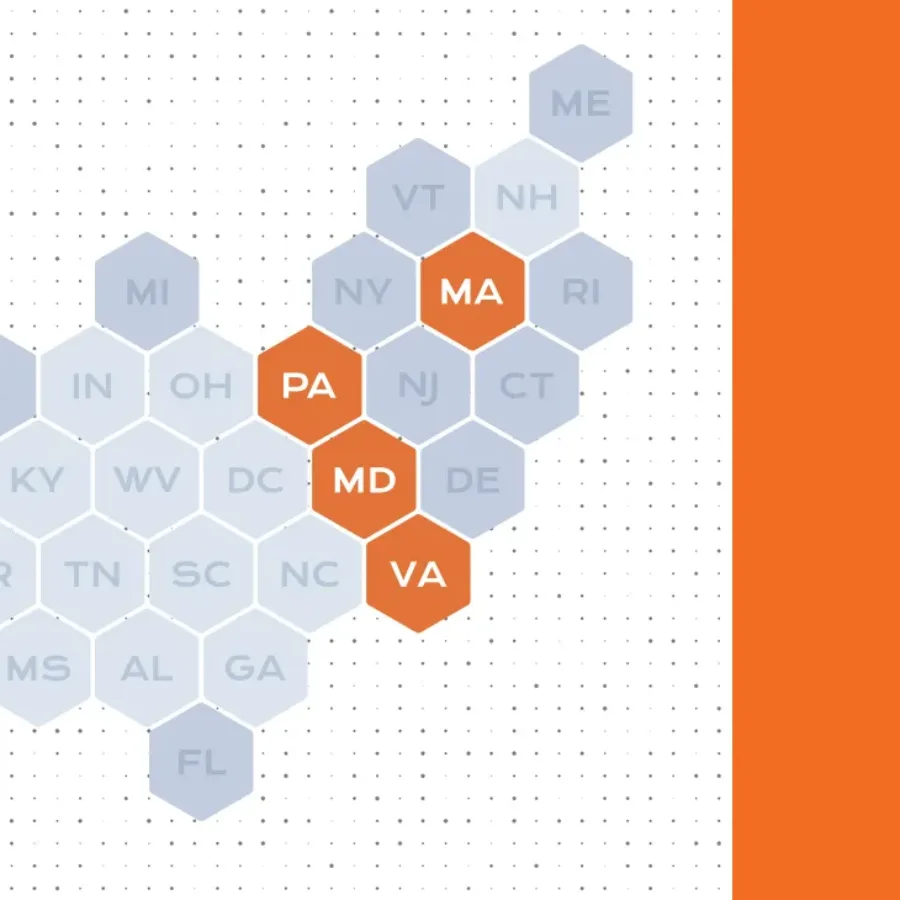 Blogs
Blogs
KCAS Bio is connecting with the scientific community at key U.S. events this year. Whether attending or exhibiting, our experts are ready to share insights, highlight our capabilities, and discuss how we can support your research from discovery through clinical development. NCCG Annual Meeting 2025 Date: September 22, 2025…
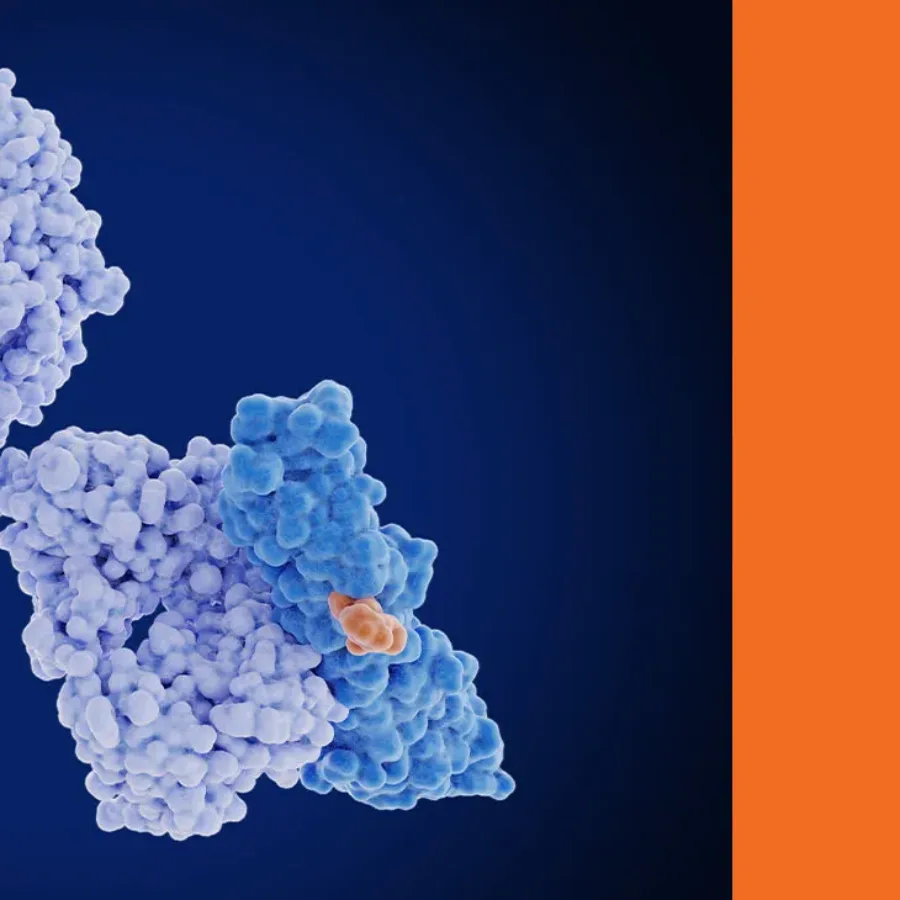 Blogs
Blogs
What Are Neutralizing Antibody (NAb) Assays? Neutralizing antibodies (NAbs) are a subset of anti-drug antibodies (ADAs) that play an important role in evaluating the immunogenicity, safety, and efficacy of a drug product. For a deeper dive into ADA assays and their role in preclinical immunogenicity assessment, see our blog…
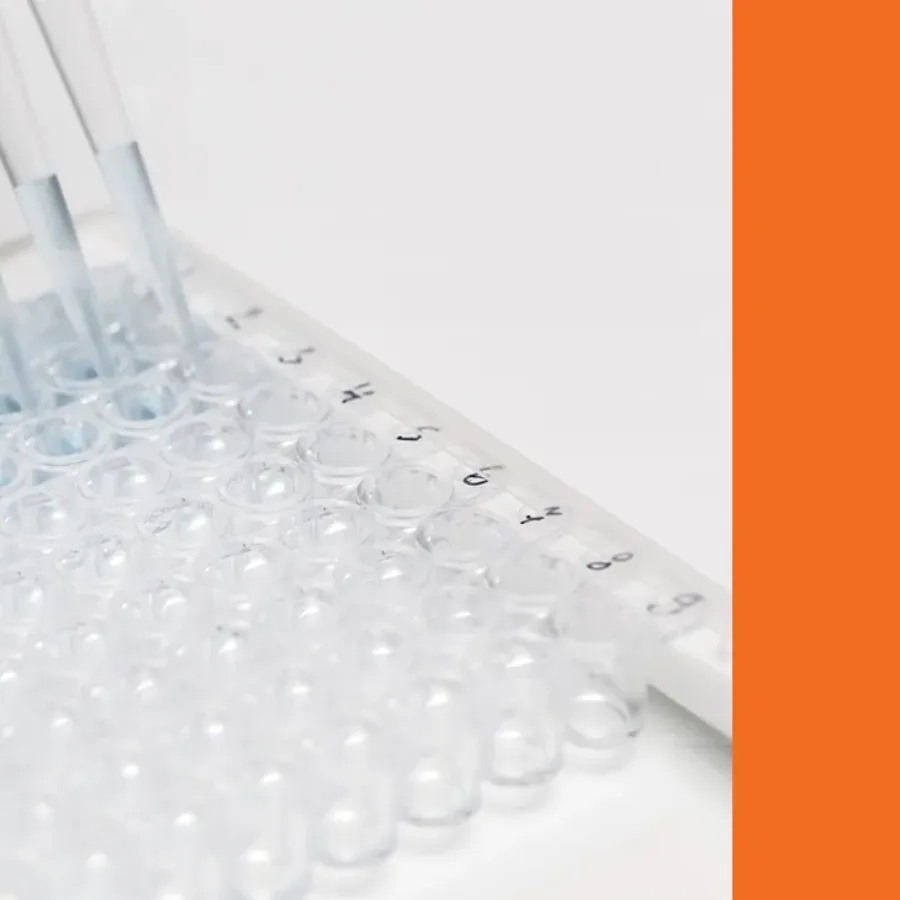 Blogs
Blogs
When it comes to drug discovery, compound screening experiments are the first big step in figuring out whether a new molecule has real therapeutic potential. But the truth is, it’s not enough to simply “run the experiment and see what happens.” The way you design the study—everything from which concentrations…
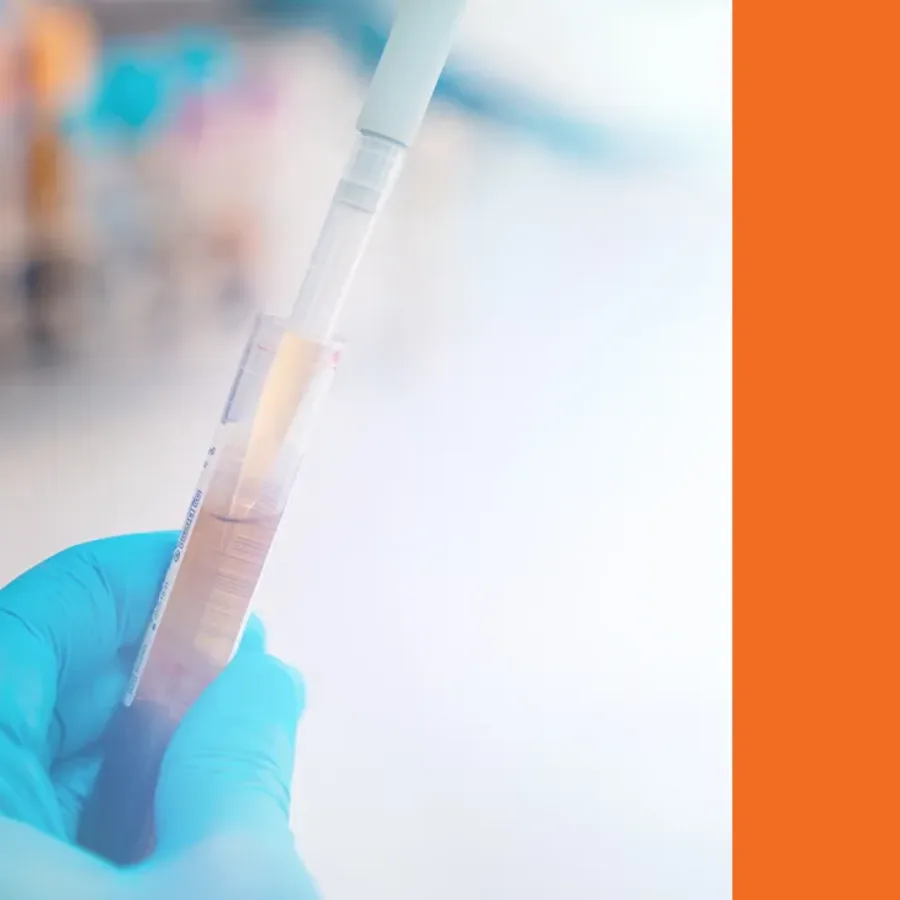 Blogs
Blogs
Why Sample Matrix Choice Matters Choosing the right sample matrix is one of the most critical decisions when designing a flow cytometry assay. Each option offers unique advantages and limitations that can directly impact data quality, logistics, and study outcomes. Matrix Advantages Use Cases Limitations KCAS Bio Differentiators Whole Blood…
 Blogs
Blogs
Why Immunogenicity in Drug Development Matters Immunogenicity, why do we keep talking about it? Immunogenicity can, in the simplest of terms, be described as a subject’s ability to generate antibodies specific to the dosed protein therapeutic. Immunogenicity can be either a wanted or unwanted reaction. Wanted immunogenicity is the desired…
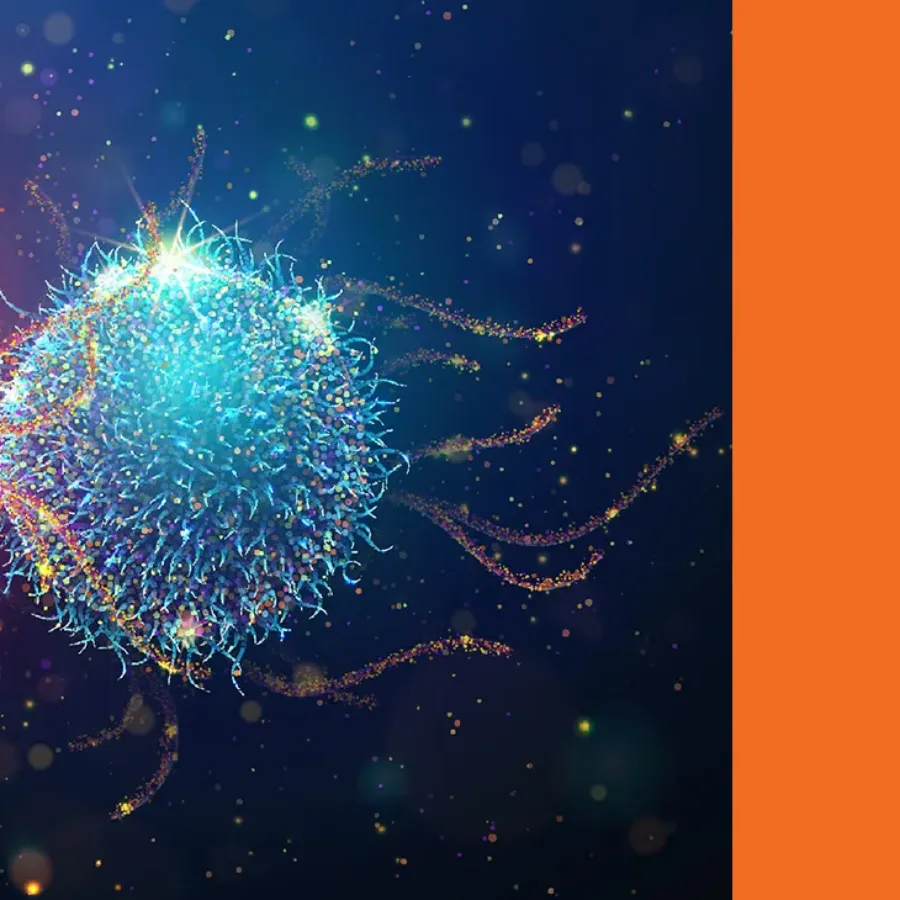 Blogs
Blogs
If you’ve worked in drug development, you already know that the road from discovery to clinical success is long, expensive, and rarely linear. One of the most pivotal checkpoints in that journey is cytotoxicity testing. Whether you’re developing a small molecule, a biologic, or a cell therapy like CAR‑T, the…
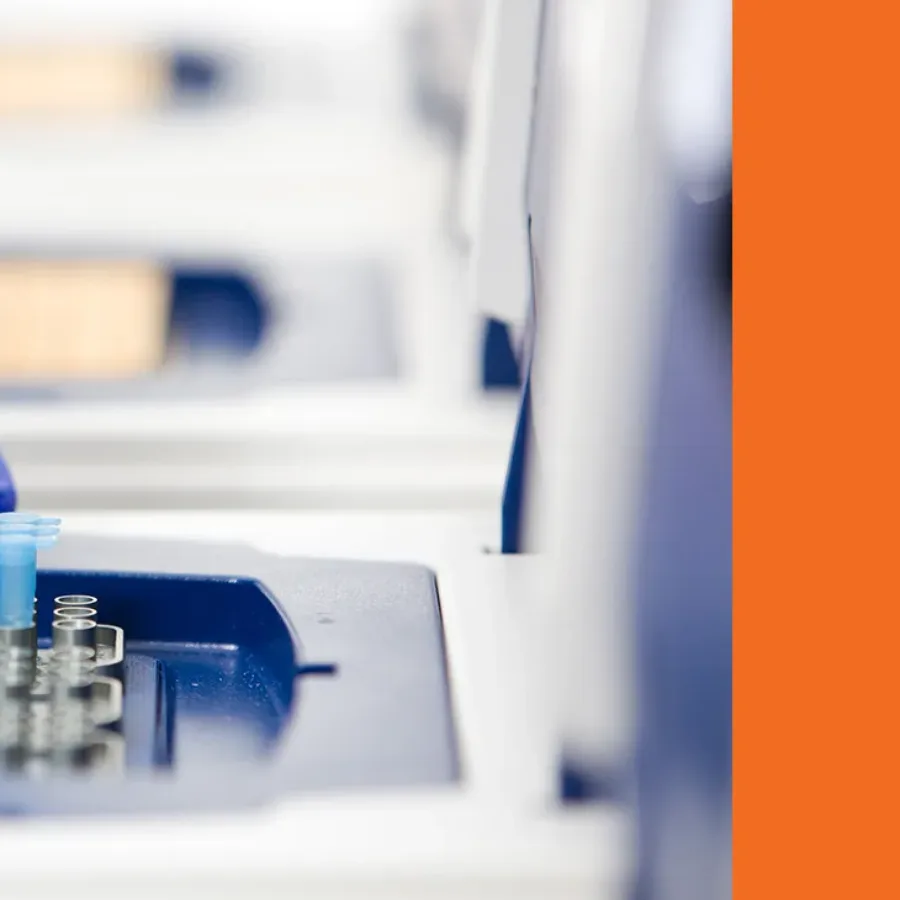 Blogs
Blogs
Locked Nucleic Acids (LNAs) are RNA analogs that provide more stable Watson-Crick base-pairing. LNA ribonucleotides can be added into RNA and DNA oligonucleotides to increase the affinity of these oligonucleotides for their complementary sequences. In addition, these LNA present oligonucleotides have extraordinary single-nucleotide discrimination as well as enhanced stability, as…